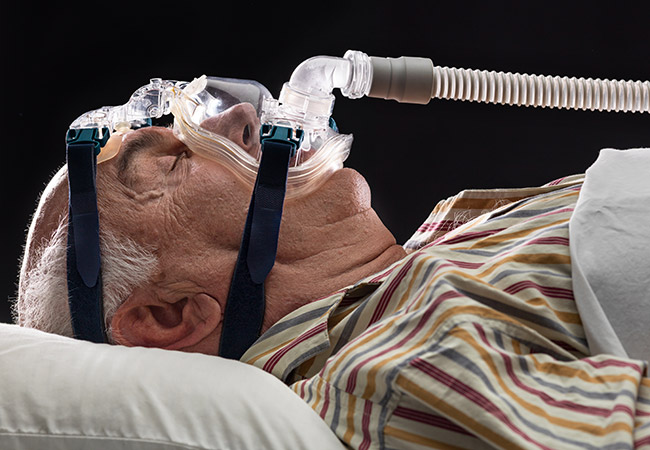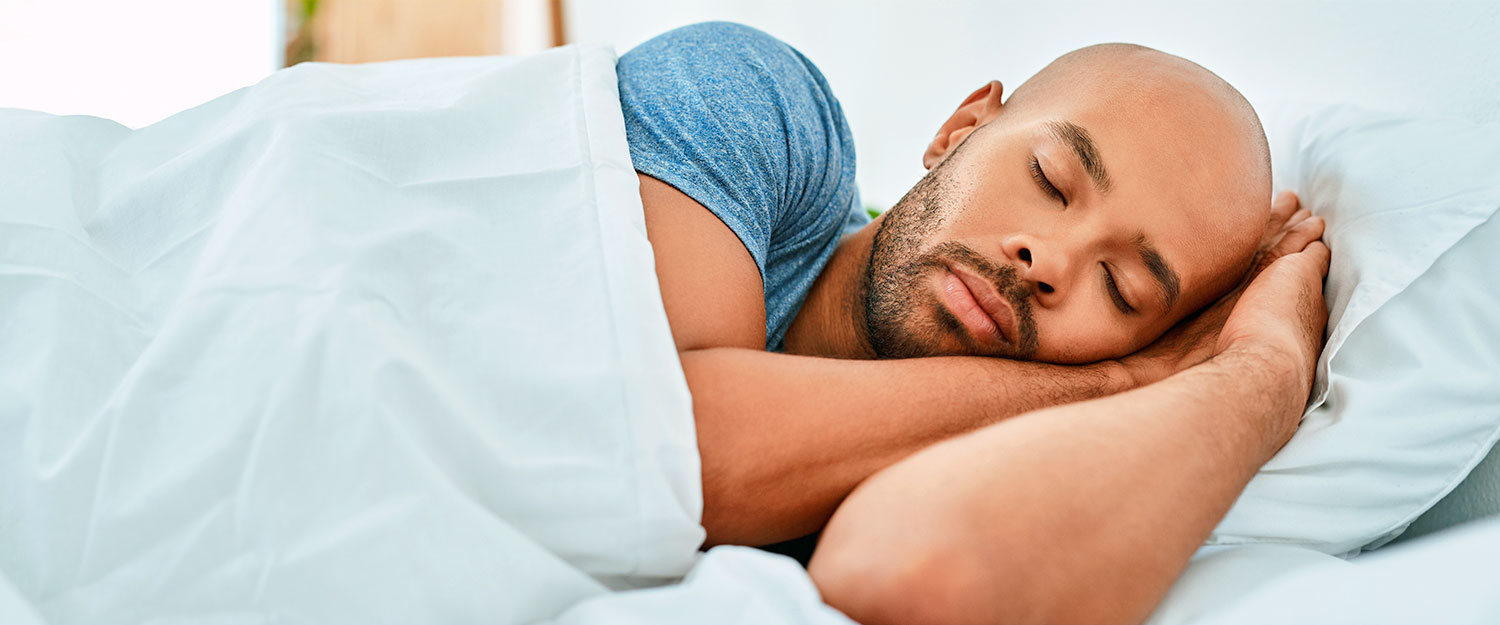Comprehensive Sleep Disorder Treatment - Find the Best Solutions
Comprehensive Sleep Disorder Treatment - Find the Best Solutions
Blog Article
Reliable Treatment Solutions for Taking Care Of Rest Disorders and Enhancing Restful Sleep
In the world of medical care, the monitoring of rest problems and the pursuit for relaxed sleep are critical components of general wellness. Efficient treatment services provide a complex strategy to take on these obstacles, varying from cognitive behavioral interventions to holistic techniques that advertise leisure and mindfulness. The expedition of numerous approaches, including the combination of medicine and light treatment, opens up a world of opportunities in the pursuit of better sleep top quality. As we browse the elaborate landscape of sleep disorders and seek to boost our rest experience, a deeper understanding of these therapy options may hold the trick to opening a more relaxing and meeting corrective trip.
Cognitive Behavior Therapy for Sleeplessness (CBT-I)
Cognitive Behavior Modification for Sleeping Disorders (CBT-I) is an organized, evidence-based treatment method that concentrates on attending to the underlying aspects adding to rest disturbances. This kind of therapy aims to modify behaviors and thoughts that exacerbate insomnia, inevitably promoting healthy and balanced sleep patterns. CBT-I normally involves several key components, consisting of cognitive treatment, sleep restriction, stimulus control, and rest health education and learning.
Cognitive therapy aids people identify and change negative thought patterns and ideas regarding sleep that might be hindering their ability to fall or remain asleep. Rest limitation involves limiting the amount of time spent in bed to match the person's real sleep duration, thereby boosting sleep efficiency (sleep disorder treatment). Stimulation control methods help establish a solid organization in between the bed and rest by motivating individuals to visit bed only when sleepy and to stay clear of taking part in boosting activities in bed
Furthermore, sleep hygiene education and learning concentrates on developing healthy sleep habits, such as preserving a consistent sleep schedule, creating a relaxing bedtime regimen, and maximizing the sleep environment. By attending to these aspects comprehensively, CBT-I provides a reliable non-pharmacological intervention for managing sleep problems and enhancing total sleep high quality.
Sleep Hygiene Practices
Having established the foundation of cognitive restructuring and behavior adjustments in dealing with insomnia with Cognitive Behavioral Treatment for Sleeping Disorders (CBT-I), the focus currently changes in the direction of checking out essential Sleep Health Practices for preserving optimal sleep high quality and total health.
Rest hygiene methods include a range of practices and ecological factors that can substantially affect one's capacity to sleep and stay asleep throughout the evening. Constant rest and wake times, producing a relaxing bedtime routine, and optimizing the sleep environment by keeping it dark, peaceful, and cool are essential parts of good rest hygiene. Limiting exposure to screens prior to bedtime, preventing stimulants like high levels of caffeine near to bedtime, and engaging in regular exercise throughout the day can additionally promote much better sleep high quality.
Moreover, exercising relaxation strategies such as deep breathing exercises or meditation before bed can aid calm the mind and prepare the body for rest. By incorporating these sleep health methods into one's day-to-day routine, people can develop a healthy rest pattern that supports relaxed sleep and overall wellness.
Relaxation Strategies and Mindfulness
Implementing leisure methods and mindfulness techniques can play an essential function in promoting a sense of tranquility and promoting top quality rest. cognitive behavioral therapy for insomnia (CBT-I). These techniques aim to peaceful the mind, lower anxiety, and produce an optimum setting for restful sleep. One widely exercised technique is deep breathing workouts, where individuals concentrate on slow, deep breaths to unwind the mind and body. Progressive muscle leisure entails tensing and after that releasing each muscle mass team, promoting physical leisure. Furthermore, guided images can assist transfer people to a tranquil location in their minds, aiding in tension reduction and enhancing sleep quality.
By including these practices right into a bedtime routine, individuals can signal to their bodies that it is time to loosen up and prepare for rest. In general, integrating relaxation methods and mindfulness techniques can dramatically add to managing rest problems and enhancing overall sleep quality.

Medicine Options for Sleep Disorders
After checking out relaxation strategies and mindfulness methods as non-pharmacological interventions for improving rest high quality, it is important to consider medication choices for people with rest disorders. In cases where way of life modifications and therapy do not give adequate alleviation, medicine can be a beneficial tool in handling rest disturbances.
Typically recommended medicines for rest problems include benzodiazepines, non-benzodiazepine hypnotics, antidepressants, and melatonin receptor agonists. Antidepressants, such as trazodone, can be helpful for individuals with co-occurring his comment is here anxiety and sleep disturbances - sleep disorder treatment.
It is important for individuals to talk to a doctor to figure out one of the most suitable drug alternative based on their details sleep disorder and medical history.
Light Treatment for Circadian Rhythm Regulation
Light therapy, additionally called phototherapy, is a non-invasive treatment technique utilized to regulate body clocks and boost sleep-wake cycles. This therapy entails direct exposure to brilliant light that mimics natural sunlight, which aids to reset the body's body clock. By revealing people to certain wavelengths of light, generally in the early morning or evening depending on the preferred effect, light treatment can properly change the circadian rhythm to promote wakefulness during the day and boost relaxed sleep at night.
Research has shown that light therapy can be particularly helpful for individuals with body clock conditions, such as postponed sleep stage syndrome or jet lag. It can additionally be useful for those experiencing seasonal depression (SAD), a kind of clinical depression that normally occurs throughout the circadian rhythm sleep disorder treatment winter season when all-natural light exposure is reduced. get redirected here Light treatment is typically well-tolerated and can be made use of in combination with other treatment approaches for sleep conditions to maximize end results and enhance overall rest high quality.
Verdict
In conclusion, efficient therapy services for taking care of rest disorders and enhancing peaceful sleep include Cognitive Behavior modification for Sleeping Disorders (CBT-I), rest health methods, relaxation techniques and mindfulness, medication choices, and light therapy for body clock law. These strategies can assist individuals enhance their sleep high quality and overall well-being. It is vital to talk to a doctor to figure out the most ideal approach for attending to sleep issues.
As we browse the complex landscape of sleep conditions and seek to boost our sleep experience, a much deeper understanding of these therapy options might hold the key to unlocking an extra rejuvenating and meeting restorative trip.
Sleep constraint entails restricting the amount of time spent in bed to match the person's actual sleep duration, thus increasing sleep efficiency. Constant rest and wake times, creating a relaxing bedtime routine, and optimizing the rest atmosphere by keeping it dark, peaceful, and cool are vital parts of good sleep hygiene. Light therapy is typically well-tolerated and can be used in conjunction with other treatment methods for sleep conditions to maximize outcomes and improve general sleep high quality.

Report this page